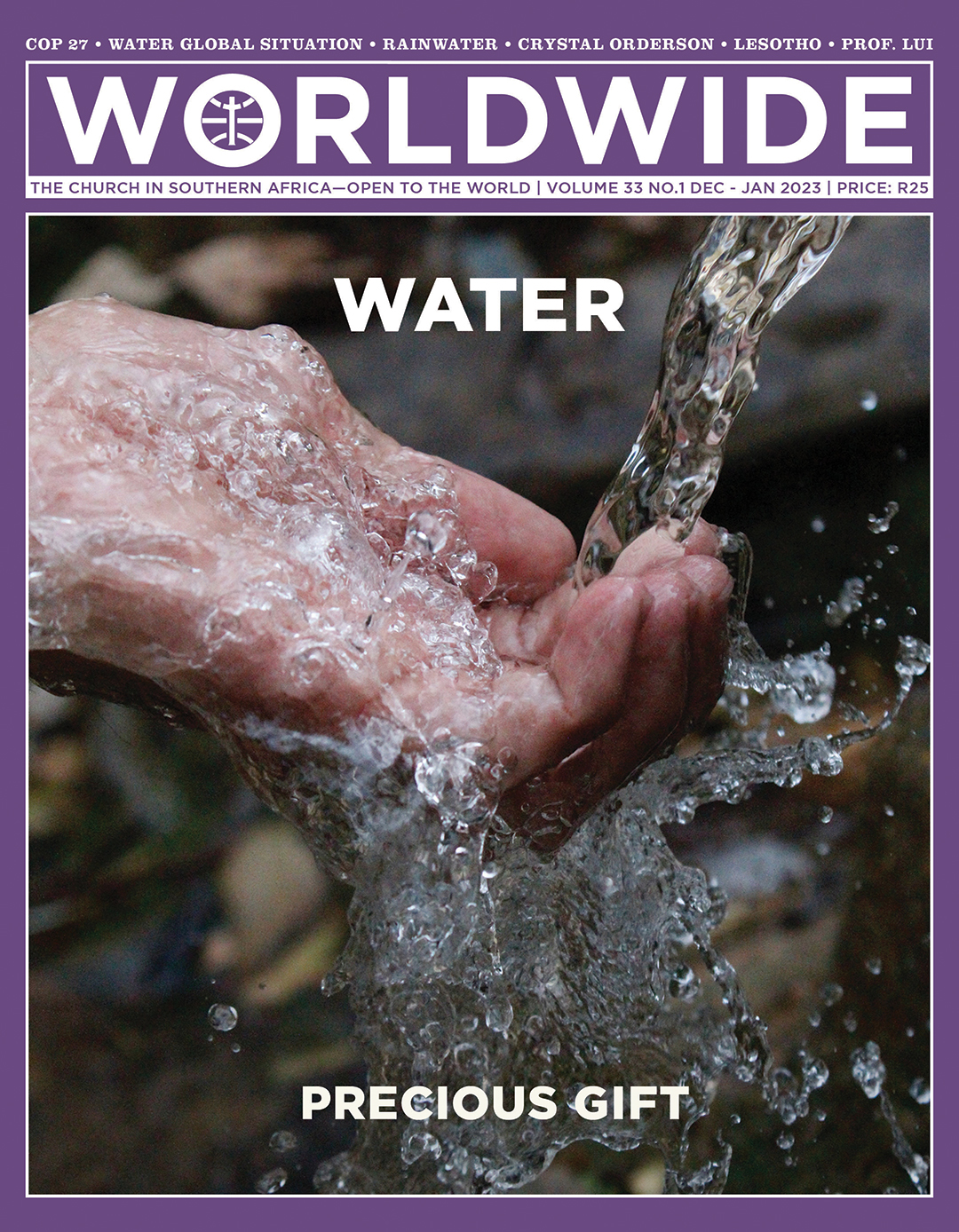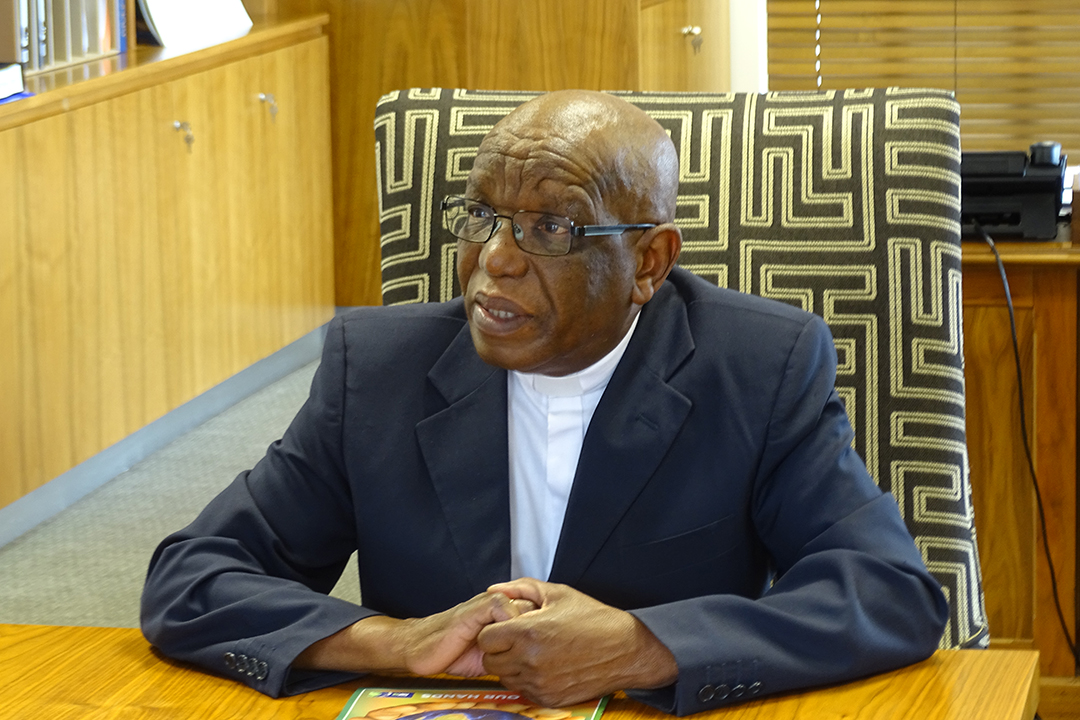FEATURES • CRYSTAL ORDERSON
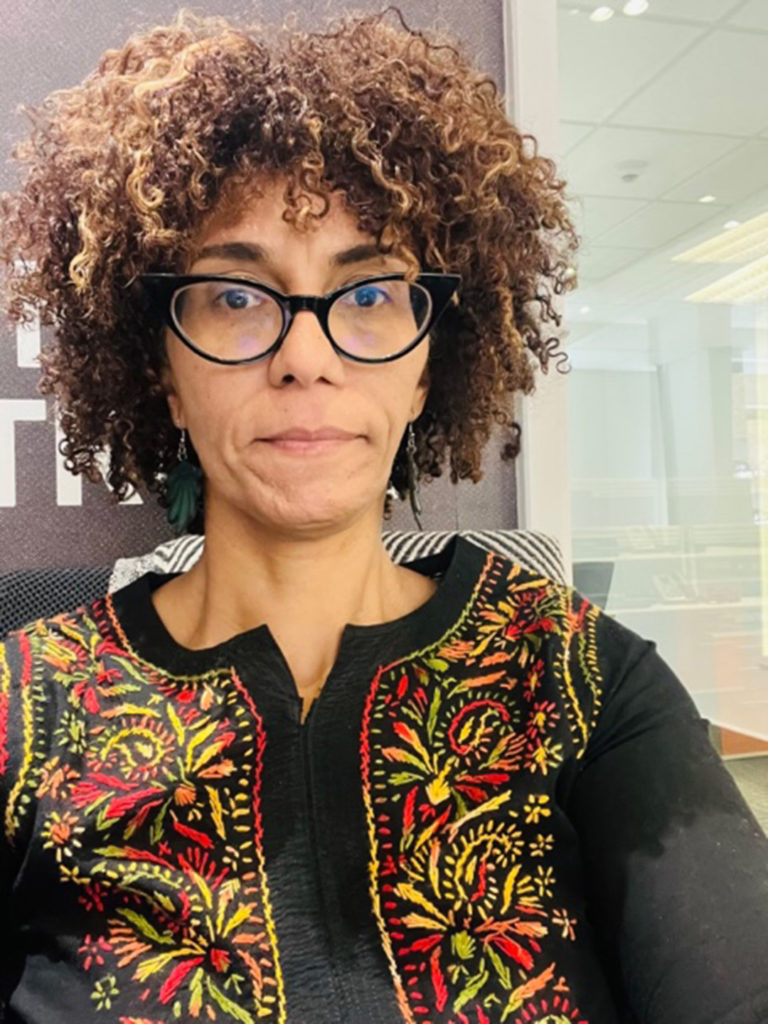
Day Zero Taught Us To Be Water Conscious
In 2018 the city of Cape Town was about to experience the depletion of its water reserves after three successive years of below-average rainfall attributed to climate change. This situation was coined with the term Day Zero. It meant water supplies would have to be switched off and residents would have to queue to get daily water rations. The taps would run dry. Historically, if it had happened, it was going to be the first metropolitan city to run out of water.
BY
INTERVIEW BY DR RUDO A. SANYANGA HUNGWE
| FRESHWATER ECOLOGIST
RAFAEL ARMADA MCCJ | PRETORIA
Crystal Orderson, a Capetonian journalist now based in Johannesburg, was living in the Mother City at that time, covering these events for various media. She now shares her experience with Worldwide
What did Day Zero mean for you?
I grew up in Cape Town and spent all my childhood there. We used to go to Steenbras Dam, now one of the main electricity sources for the city. I was always aware and mindful of water issues. Leading towards the time of Day Zero, I started noticing that the water levels were dropping. As a journalist, I had covered stories about excessive rains and droughts; but at that time, I did not fully realize that we were running out of water until the city launched its public campaign. I think the term Day Zero was meant to force citizens to respond and also served as a scare tactic.
How did the Day Zero campaign change citizen’s attitudes?
The City of Cape Town carried out an excellent and huge public campaign. Every citizen, from my mother in the township to people in affluent suburbs such as Constantia or the township dweller in Khayelitsha, became aware of Day Zero. Everyone started buying a bucket or a little bowl to put under their sinks. In the Cape Flats, pensioners and those who could not afford containers, were given buckets by the city.
They would wash their dishes and would keep that water for their gardens. In bathrooms and showers, the water was collected and used for flushing the toilets.
The concept of the one-minute shower was borne. At the gyms they installed alarm clocks that would go off after one minute. One would be embarrassed if one was still under the shower when the alarm went off.
What sector of society was more affected and what kind of responses were given to the challenge?
The tourism sector was immensely impacted by the notion of Day Zero and the city running out of water. It had a negative impact as it reduced the number of visitors coming to Cape Town.
As an individual, I got involved in teaching my daughter to be water conscious. When she washed her hands there would be a bucket underneath, and that water would be recycled. There was an acute awareness everywhere that we needed to save water and to be conscious of that.
Parallel to the campaign, the city became very proactive, looking at desalinization plants, natural water resources and water catchments from Table Mountain. The initiatives and the ingenuity that we saw coming from people, rallied Capetonians around the notion of not being able to have enough water as a resource.
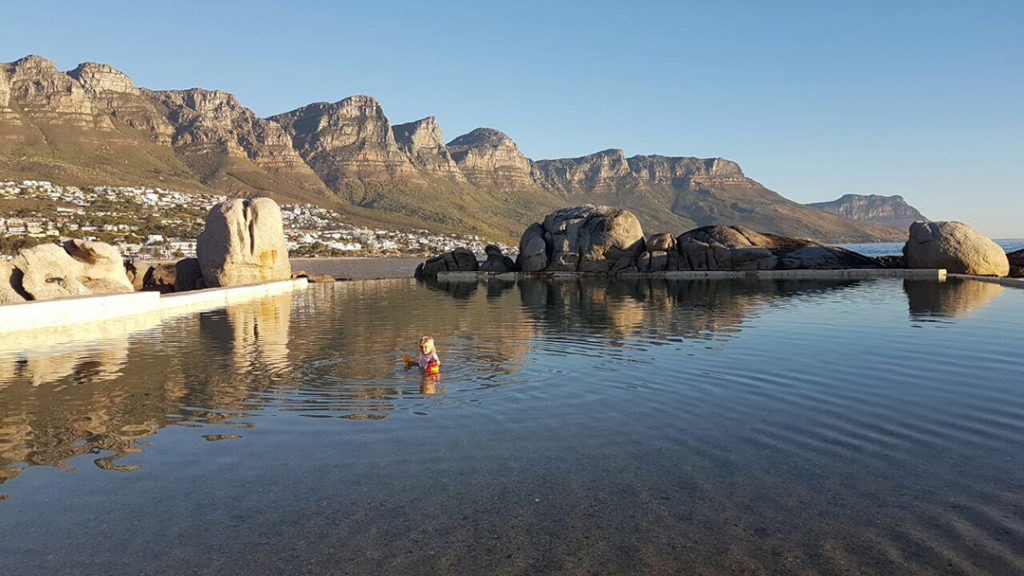
Have people maintained that water-saving spirit? Is it possible that
Day Zero can happen in the future?
I think people in Cape Town are very conscious of water. I see in Johannesburg that pipes are leaking everywhere. I sense that people elsewhere in the country are not as conscious as they should be. Up to now, I still take a two-minute shower and I never take a bath. That type of consciousness permeated through the minds of Capetonians.
At the back of their minds, many Capetonians believe that Day Zero can happen, though there is water now after a few good rainy seasons.
Is desalinization a solution for the future?
It is just one of the solutions. There was much public talk about desalinization, though it is not cheap. In fact, the first city in South Africa to have a desalinization plant was Knysna. They did it as a business-driven project since they have one of the biggest concentrations of billionaires in the country. In Cape Town it was one of the projects; in the Strandfontein area, the plant is still working. Desalinization is only feasible for cities near the oceans.
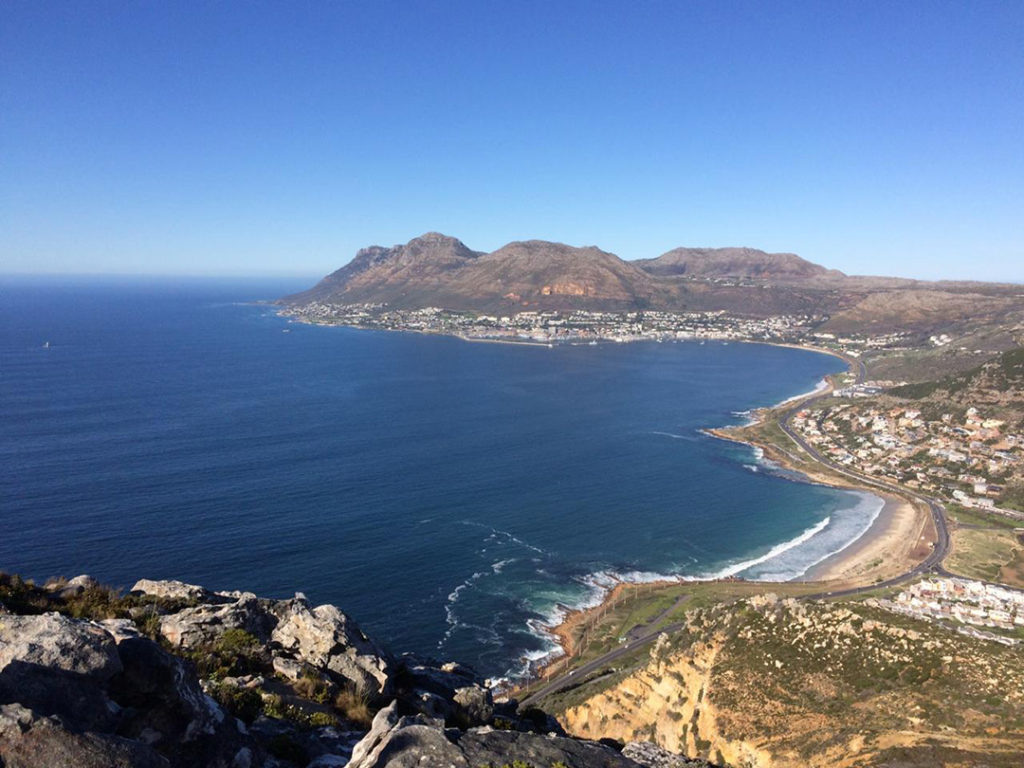
In Cape Town, a combination of solutions, including harnessing water from Table Mountain was considered. One has to think outside the box. Cape Town is blessed with the natural endowments of mountains, rivers, and a long coastline, enabling it to explore several solutions. There has been research done by the Table Mountain National Project to study the amount of water Table Mountain can provide.
Looking at Gauteng, three major causes for the current water crisis have been mentioned: the scarcity of rain, the increase in the use of water and the maintenance of the distribution systems. What is your opinion about this?
Gauteng is in big disruption. Even where I live, I am shocked. Pipes are not maintained; there has been no public campaign, there is corruption, lack of infrastructure maintenance, and no public consciousness around water, yet we do not have unlimited resources. I am very concerned about Gauteng; Rand Water and Joburg Water simply may not able to keep up. All these political shenanigans. It is worrying. I have friends in Melville, Oakland Park, Brixton and hospitals running out of water. It is a disgrace!
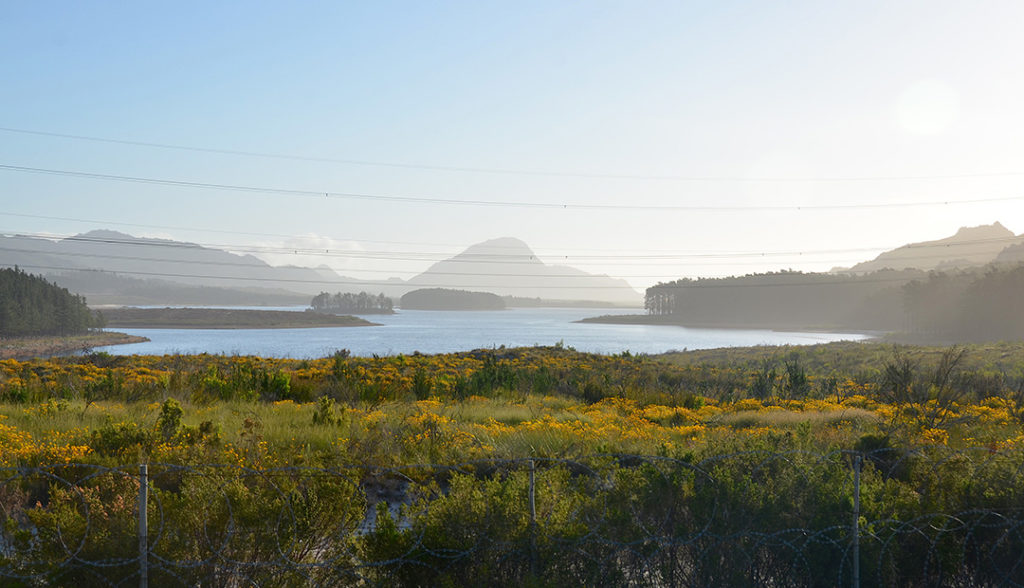
How is infrastructure maintenance done in Cape Town?
Cape Town realized that if you apply a ‘plaster’ it’s ok but the plaster is going to come off sooner or later; to properly maintain a pipe will cost you a R100, but if you don’t do it, it will cost you a R100 million.
Whether in a township or an affluent suburb, when there is a problem, one can call a municipal free toll number and they will send people to fix it as soon as possible. If one ignores problems, leaving water pipes unmaintained and leaks unattended, one creates a bigger issue.
If one ignores problems, leaving water pipes unmaintained and leaks unattended, one creates a bigger issue.
Cape Town is not perfect. It has its problems, serious socio-economic issues and tons of contradictions; a whole lot of crime and violence, some of which is directly linked to inequality. Nevertheless, when I am in the township where I come from, I see City water staff out fixing problems and when there is an issue, it is being addressed. Cape Town has allocated a huge amount of money for maintenance. They are listening to the engineers who advise them that if they do not fix things, they will create big problems in the years to come.
I know that if I call the municipality, whether it’s a road issue, picking up rubbish, or fixing something, they try their best to come out. If not, one can escalate the issue and it is not ignored. In Cape Town, as a whole, there is an effort to fix what needs to be fixed. Because if they don’t, they are going to sit with insurmountable bills for maintenance.
Is there enough awareness of water issues in South Africa?
What is happening in the provinces of Gauteng, Kwazulu Natal and Northern Cape, in terms of water, is well known. However, there is a dearth of information in the public arena on Mpumalanga, the Northern Cape, Limpopo and the Free State. When the Water Boards submit their annual reports, we don’t pay attention to their issues. Needless to say, there are a lot of problems and corruption.
How are we preparing ourselves for a possible scarcity of water in South Africa, due to climate change?
To be honest, from where I am sitting, as a journalist, I don’t think we are doing enough. Corruption has permeated all areas of our society. We are so fixated on Eskom, strikes by Transnet workers and the price of exports going up and political leadership’s corruption, that we are not observing the Water Boards and what is happening there––the corruption and death threats. We have no idea of how to measure the millions one can make out of having access to water rights. We do not technically measure the value of water services; we tend to see water as an infinite resource.
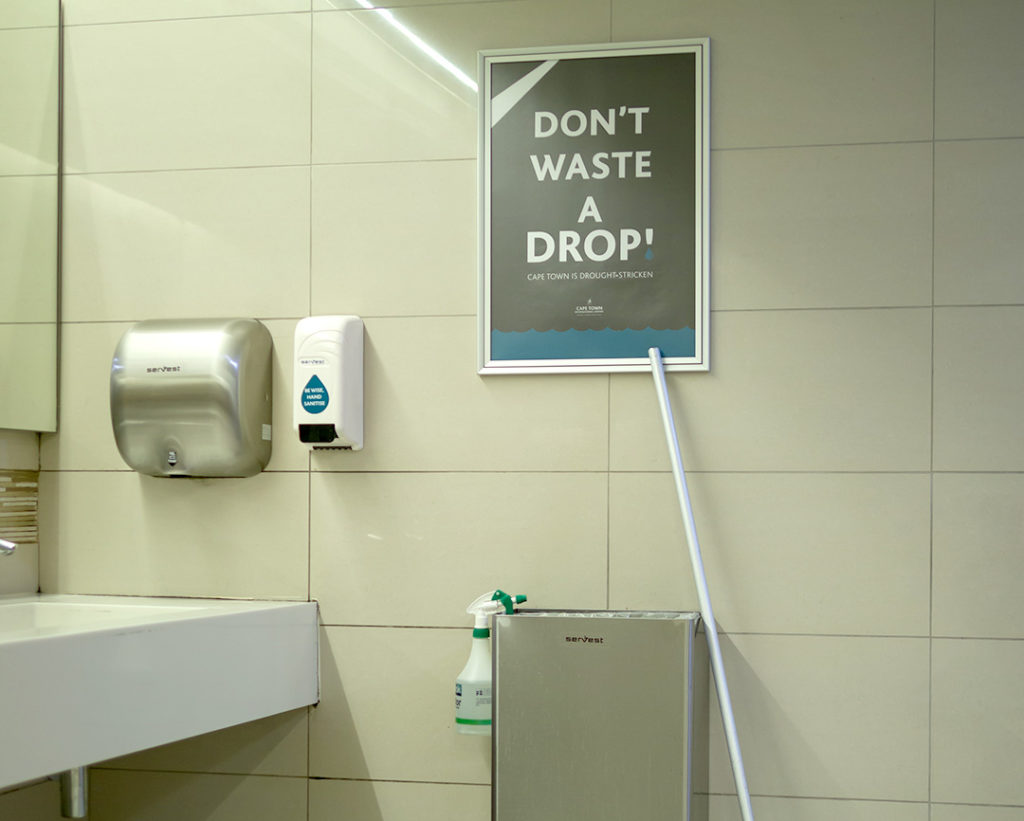
We are not paying enough attention to what is happening with water politics, regarding old and new realities; why historical white farmers are owning rights to water, communities without water, and other issues.
In South Africa we had previous ministers, Kadah Asmal and Rony Casrils, who shaped our water policies, but now we do not think of water in the same way as they did. This is a real concern, especially for water-scarce places like Gauteng which relies on Lesotho for its water. I just do not think enough is being done––maybe it’s because water is not seen as important enough. Everyone should be made aware of what is happening and why we should care. We can live without electricity using other alternatives, but not without water.

